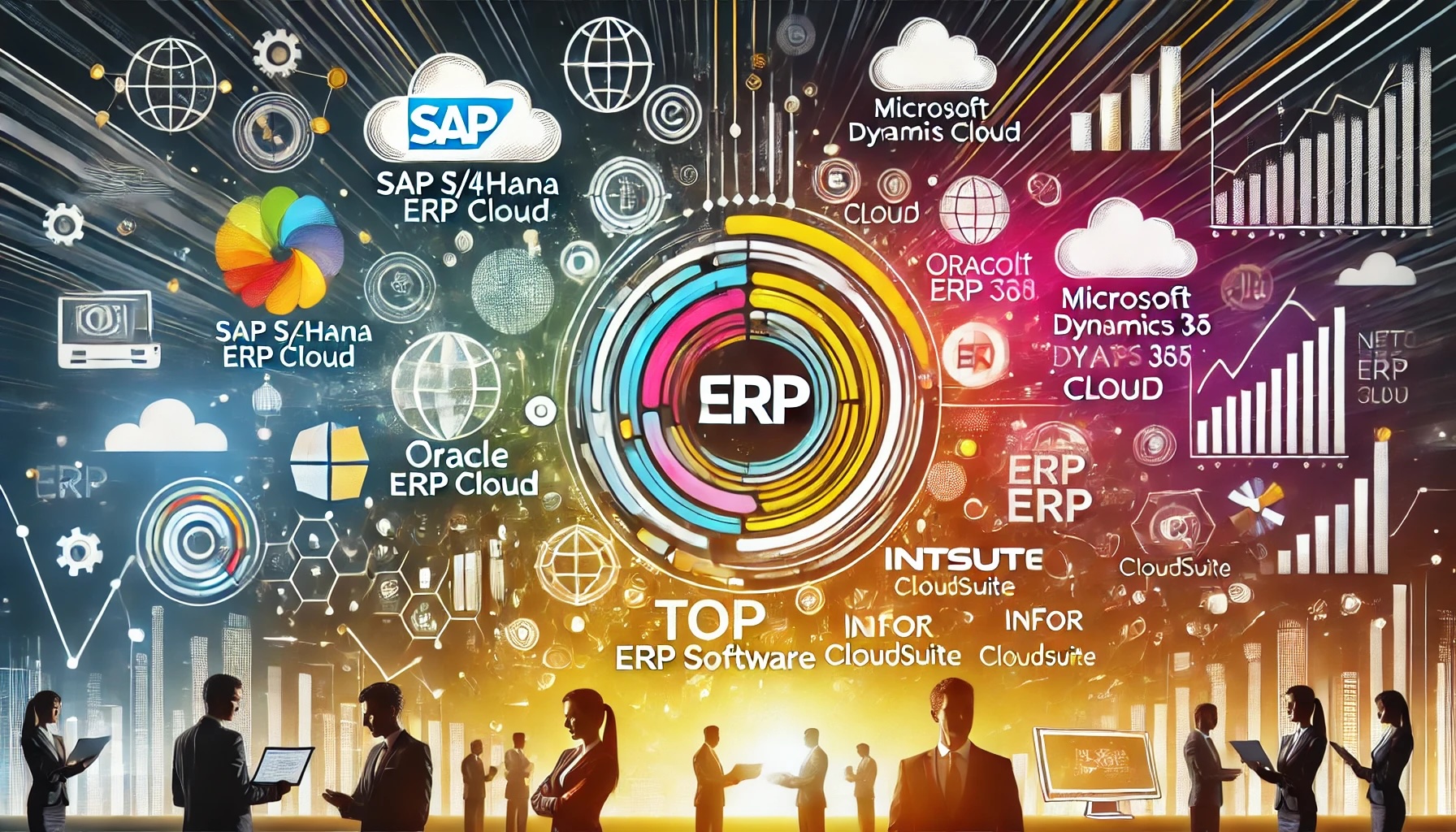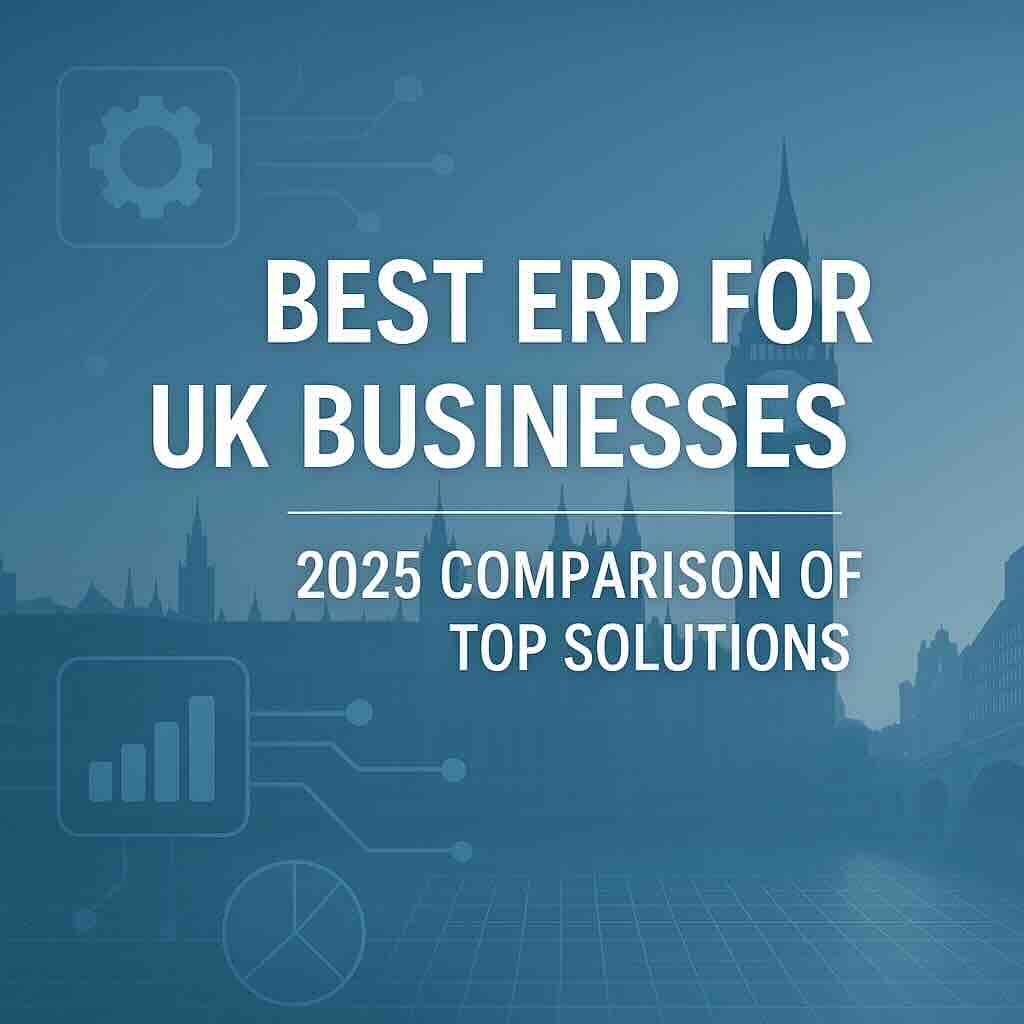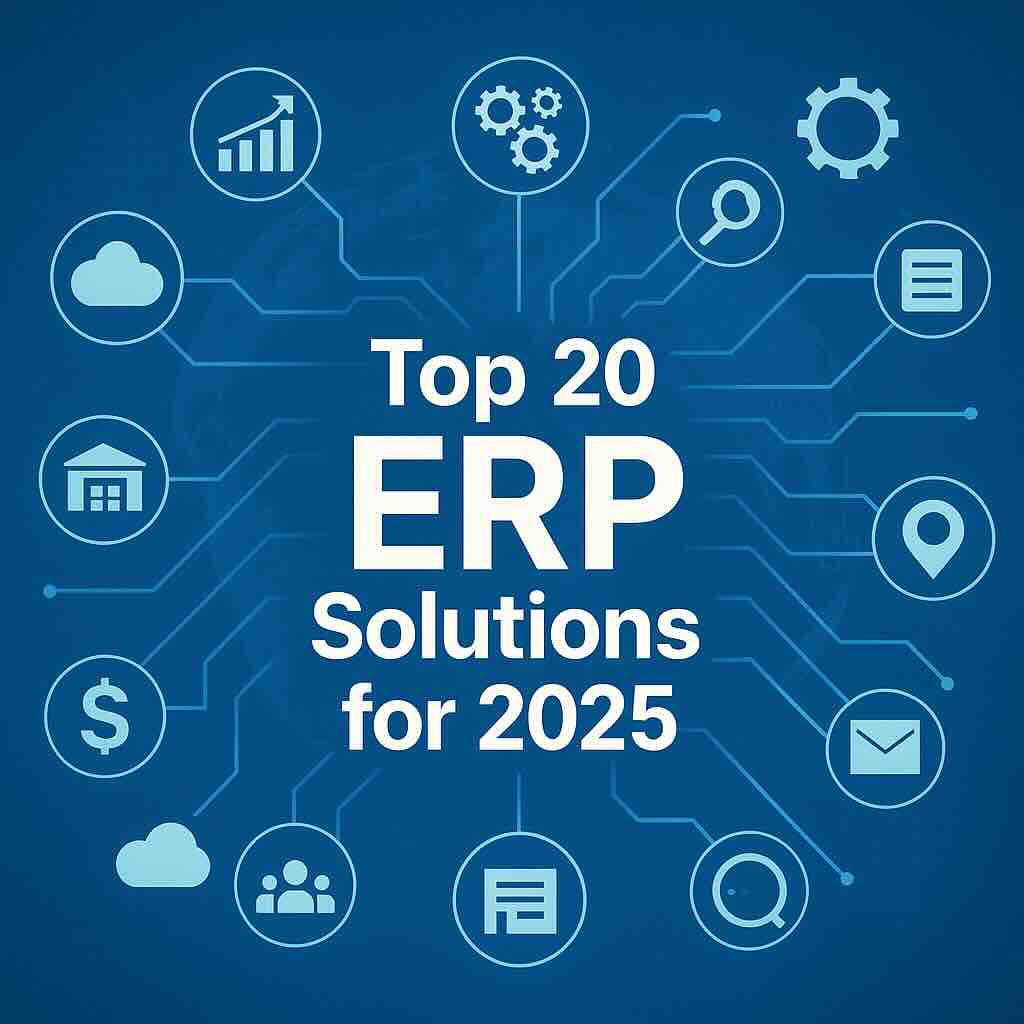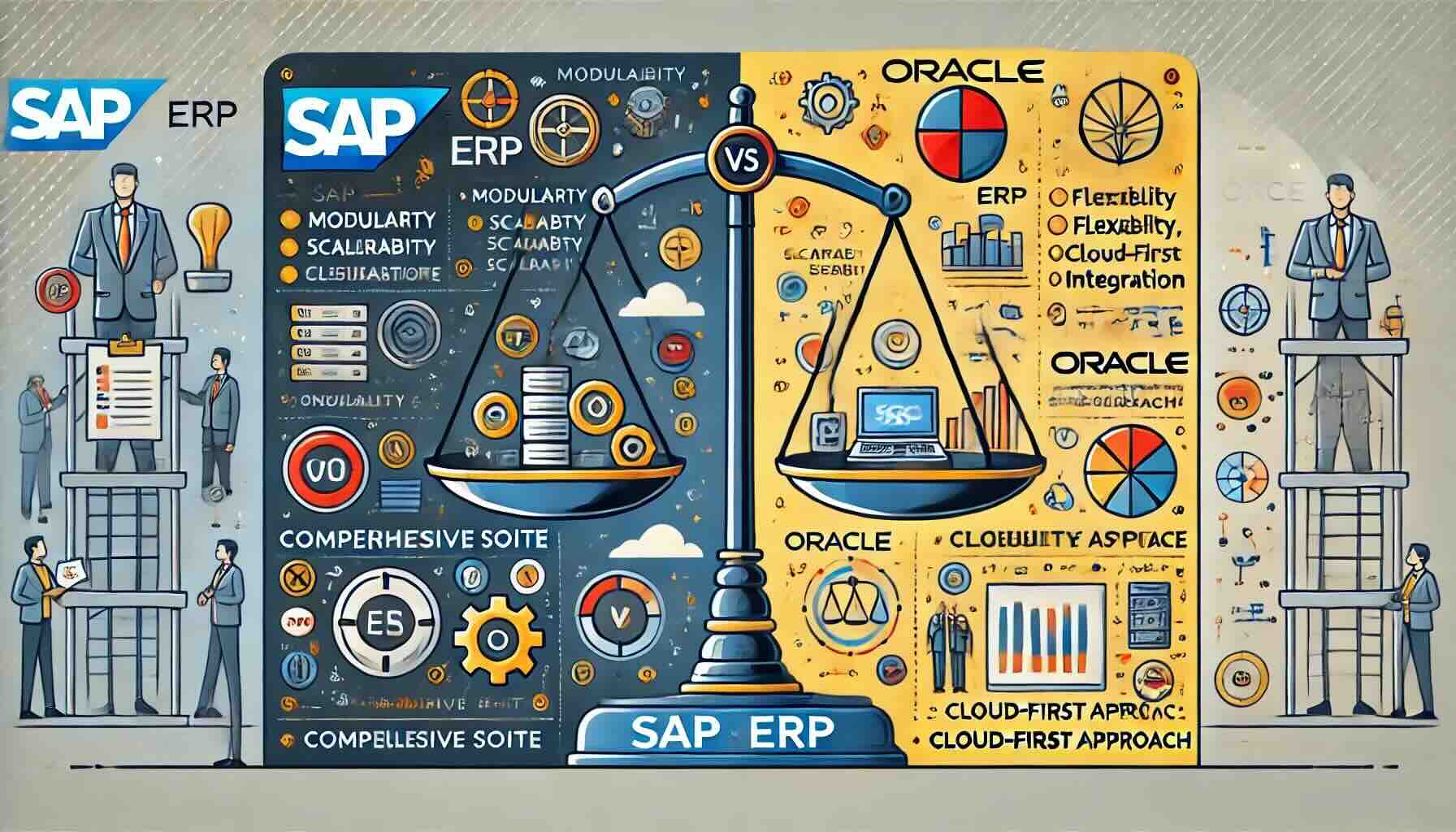Acumatica for Healthcare: Is It the Right ERP for Your Organization?
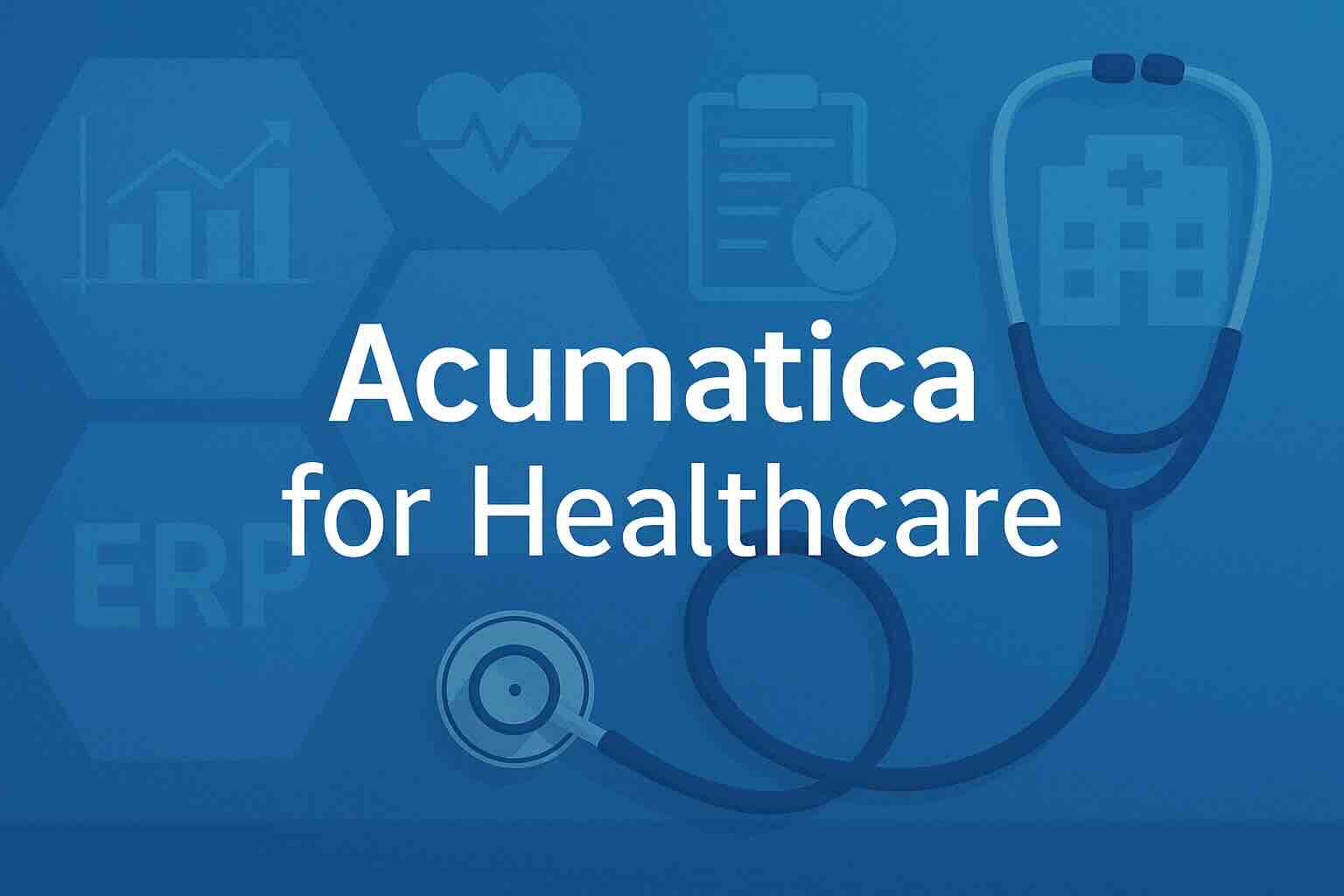
In today’s healthcare landscape, efficient management of finances, operations, and patient-related data is critical. Enterprise Resource Planning (ERP) software can streamline these processes, reduce administrative burdens, and improve patient care outcomes. Acumatica for Healthcare, a cloud-based ERP solution – has gained attention for its flexibility and broad functionality. But how well does it really fit the unique needs of healthcare organizations in 2025?
Strengths of Acumatica for Healthcare
1. Robust Financial Management
Acumatica delivers powerful accounting, budgeting, revenue recognition, and financial reporting tools. Real-time dashboards help healthcare administrators monitor cash flow, manage reimbursements, and meet compliance standards, enabling more informed decision-making.
2. Cloud Scalability and Flexibility
Healthcare organizations—from outpatient clinics to multi-site hospital networks—can scale Acumatica for Healthcare as they grow. Its cloud infrastructure minimizes upfront hardware investments and makes it easier to expand capacity or add new modules without disrupting operations.
3. Integration Capabilities for Patient and Practice Data
Although Acumatica is not a full electronic health record (EHR) system, it can integrate with many third-party healthcare applications such as EHRs, practice management software, and billing systems. This creates a centralized view of operational and financial data, improving administrative efficiency and coordination.
4. Advanced Analytics and Reporting
With built-in analytics, custom dashboards, and flexible reporting tools, healthcare leaders can track KPIs like appointment volumes, reimbursement cycles, or departmental costs. These insights support data-driven decisions that enhance both operational performance and patient outcomes.
5. Modern, User-Friendly Interface
Acumatica’s web-based, mobile-friendly interface makes it accessible to staff with varying technical skill levels. Intuitive navigation shortens the learning curve and helps teams adopt the system more quickly, boosting productivity.
Challenges of Acumatica for Healthcare
1. Implementation Complexity
Rolling out a new ERP system in a healthcare setting can be resource-intensive. Larger organizations with complex legacy systems may need external consultants or an implementation partner to ensure a smooth transition.
2. Customization and Integration Costs
While Acumatica is highly configurable, tailoring it to meet specific healthcare workflows—especially EHR integrations—can add significant cost. Smaller providers should carefully budget for customization and ongoing maintenance.
3. Regulatory Compliance
Acumatica offers strong security features and HIPAA-supportive controls, but full compliance with healthcare regulations often requires additional modules, processes, or partner solutions. Each organization must verify that its configuration meets local, state, or national requirements.
4. Support and Training
Effective support and staff training are essential for success. Some users report mixed experiences with support response times, and comprehensive training programs may be necessary to get the most from the system.
Bottom Line: Is Acumatica for Healthcare the Right Fit?
Acumatica for Healthcare provides robust financial management, cloud scalability, analytics, and flexible integrations—making it a strong contender for healthcare providers seeking to streamline operations and enhance efficiency. However, factors such as implementation complexity, customization costs, and regulatory compliance needs must be weighed carefully.
Healthcare organizations evaluating Acumatica should:
-
Assess current workflows and integration requirements with EHR or practice systems.
-
Confirm compliance capabilities in their jurisdiction.
-
Budget for implementation, training, and ongoing support.
-
Request case studies from similar healthcare providers to gauge ROI.
With proper planning and expert guidance, Acumatica for Healthcare can become a powerful tool for improving operational performance and freeing up staff to focus on patient care. To find out more about Acumatica you can visit this link.
Compare ERP and Find Your Best-Fit Solution
Implementing the right ERP system could be the game-changer your healthcare organization needs. With our AI-powered Compare ERP tool, you can effortlessly explore and compare solutions tailored to your unique business requirements. Our advanced engine analyzes millions of data points across 100+ ERP solutions, delivering your top three picks based on your priorities. Best of all, it’s completely free.
Take the first step toward streamlining operations and boosting productivity and start comparing ERP systems today!



